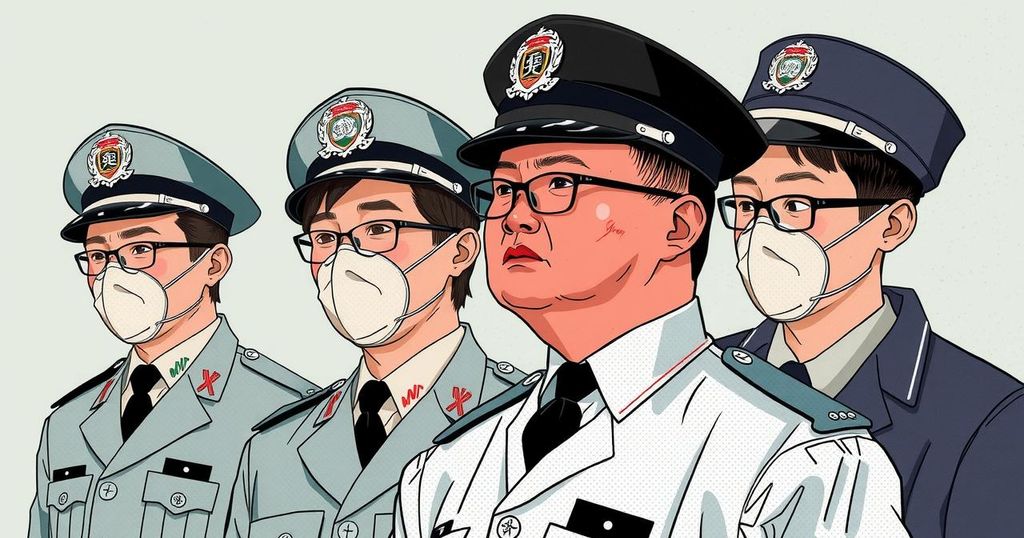Chinese Authorities Crack Down on Gay Erotica Writers Amid Controversy
Chinese police have targeted numerous writers of gay erotica, imposing substantial fines and prison terms. The campaign, concentrated in Anhui province, has sparked significant debate over police powers and the potential for legal overreach. Reports indicate that over 50 writers have been arrested since June, with severe penalties outlined for those monetizing erotic content.
In eastern China, law enforcement officials have intensified their focus on writers of gay-themed erotica, resulting in significant penalties ranging from heavy fines to extended prison sentences. Specifically, in Anhui province, authorities have engaged in extensive investigations, detaining individuals even from other regions. As a consequence, there have been rising concerns regarding potential overreach by police and whether legal measures implemented are excessively harsh.
The recent crackdown in Anhui highlights a troubling trend in the enforcement of laws concerning online content, particularly related to LGBTQ+ themes. Writers who share their works on platforms such as the Taiwan-based Haitang Culture have faced severe repercussions for producing and disseminating what the authorities categorize as pornographic materials. This situation has underscored the tension between cultural expression and legal boundaries in a country with strict censorship laws. Notably, many of the arrested individuals were popular for their contributions to the genre known as danmei, characterized by gay romance narratives, which has gained momentum in China over the past twenty years.
The aggressive measures taken against writers of gay erotica in China raise critical discussions about governmental authority and civil liberties. The harsh penalties for producing erotic content reflect a stringent regulatory environment that stifles artistic expression, particularly among marginalized communities. As the legal landscape continues to evolve, the implications of such crackdowns remain a pressing concern for advocates of freedom of expression.
Original Source: www.scmp.com








Post Comment